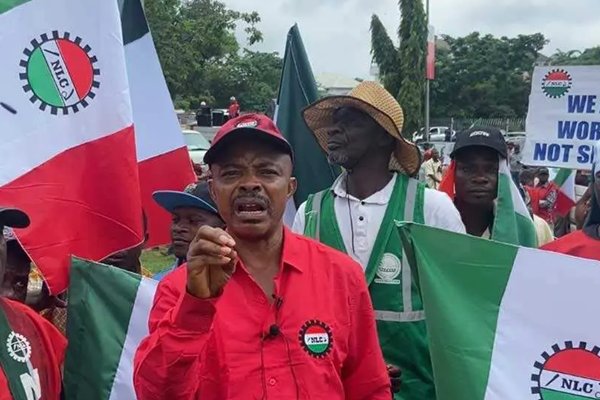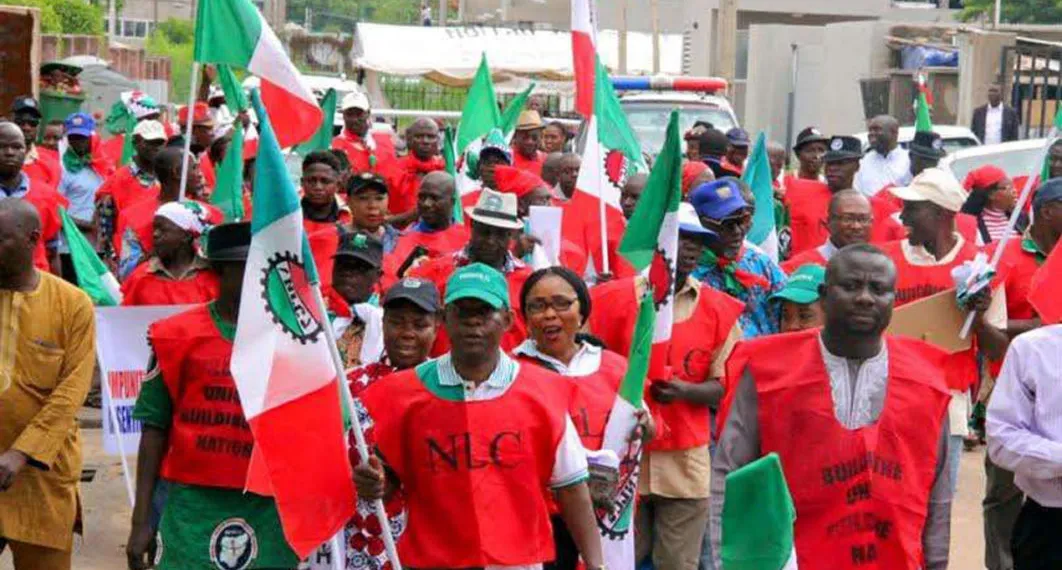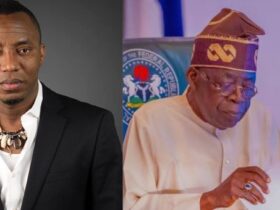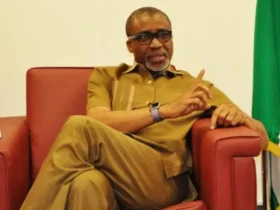The Nigerian Labour Congress (NLC) has dismissed the recent unemployment statistics released by the National Bureau of Statistics (NBS), describing the figures as unrealistic and disconnected from the realities faced by Nigerians.
This was echoed by the Organised Private Sector (OPS), which argued that the report failed to align with prevailing economic conditions.
According to the NBS report, Nigeria’s unemployment rate dropped to 4.3% in Q2 2024, a notable improvement from 5.3% in Q1 2024 and 5.0% in Q3 2023.

The report highlighted a recovery in the labor market, with the Labour Force Participation Rate rising to 79.5% from 77.3% in the previous quarter, signaling increased workforce engagement.
Despite these positive metrics, critics argue that the report does not reflect the lived experiences of many Nigerians, particularly in the context of rising economic pressures and persistent job scarcity.
The report read, “The unemployment rate is defined as the share of the labour force not employed but actively searching for and available for work.
“Unemployment is one of the components of labour underutilisation. The unemployment rate for Q2 2024 was 4.3 percent, showing an increase of 0.1 percentage point compared to the same period last year.
“The unemployment rate among males was 3.4 per cent and 5.1 per cent among females.
“By place of residence, the unemployment rate was 5.2 per cent in urban areas and 2.8 per cent in rural areas. Youth unemployment rate was 6.5 percent in Q2 2024, showing a decrease from 8.4 per cent in Q1 2024.”
READ ALSO: ‘Nigeria Would Be Better Today If Peter Obi Had Won,’ Says Sen. Enyinnaya Abaribe
In an interview with The PUNCH, Chris Onyeka, the National Assistant General Secretary of the Nigerian Labour Congress, strongly slammed the latest unemployment figures released by the National Bureau of Statistics, describing the report as a “voodoo document” that does not capture the harsh realities faced by Nigerians daily.
Onyeka rejected the assertion that unemployment rates are declining, labeling it a “fabrication intended to mislead the public.”
He contended that the data contradicts the worsening economic conditions, marked by factory shutdowns, declining manufacturing output, and increasing unsold inventories.
“Unemployment cannot be coming down in Nigeria when factories are closing shops,” Onyeka asserted.
“It cannot be coming down when there is increasing inventory and reduced consumer spending. If anything, unemployment is increasing,” he stated.
He further questioned the methodology behind the NBS report, describing it as a “figment of imagination concocted by people who want to manipulate figures.”
Onyeka faulted the misalignment between the data released by the statistics agency and the observable realities on the ground, arguing that this discrepancy erodes the agency’s credibility.
“When data fails to reflect reality, it loses its relevance. Unfortunately, the NBS has damaged its reputation by continuing to publish figures that don’t align with the experiences of everyday Nigerians,” he said.
He challenged the National Bureau of Statistics (NBS) to substantiate its claims, particularly regarding job creation. “Where are these jobs coming from? Are they from employers struggling with consumer resistance and declining economic activity? The numbers simply don’t add up,” Onyeka remarked.
Pointing to the economic slowdown and widespread discontent among employers, he argued that the report contradicts the lived realities of Nigerians.
Drawing a controversial comparison, Onyeka referred to the situation as akin to “INEC-style manipulation,” likening the perceived failures of the NBS to those attributed to Nigeria’s electoral commission.
“Nigerians can take these figures to court if they disagree, but the reality is clear: the NBS has become a failed institution, much like INEC in the eyes of the public,” he concluded.
He questioned the reliability of official statistics in Nigeria and urged a reassessment of the methodologies used by government agencies to ensure their data accurately represents the realities on the ground.
Follow the Parallel Facts channel on WhatsApp: https://whatsapp.com/channel/0029VaCQSAoHgZWiDjR3Kn2E









Leave a Reply